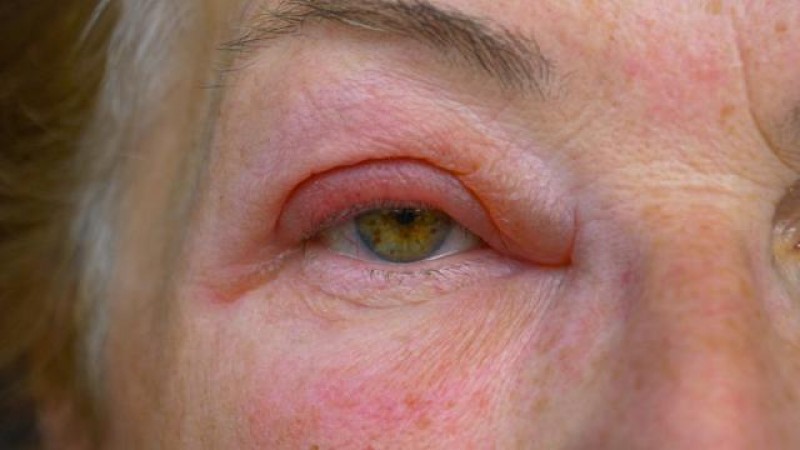
When it comes to our health, our skin and eyes are often overlooked indicators that can provide valuable insights into the condition of our kidneys. Kidneys play a crucial role in filtering waste and excess fluids from our blood, maintaining electrolyte balance, and regulating blood pressure. Any dysfunction in these vital organs can manifest in various ways throughout our bodies, including our skin and eyes. In this article, we will explore the signs and symptoms that your skin and eyes may reveal about your kidney health.
Before diving into the specific signs to watch out for, let's briefly understand why kidney health is so vital. Our kidneys are responsible for several critical functions:
One of the primary functions of the kidneys is to filter waste products and excess fluids from the blood. These waste products are then excreted as urine.
Kidneys help regulate the levels of electrolytes, such as sodium and potassium, in the body. Maintaining the right balance is essential for various bodily functions.
The kidneys play a key role in controlling blood pressure by adjusting blood volume. Healthy kidneys help keep blood pressure in check.
Now, let's explore how your skin can provide clues about your kidney health:
Dry, itchy skin can be a sign of kidney dysfunction. When the kidneys can't remove waste and toxins effectively, they can accumulate in the body and affect the skin.
Kidney problems may lead to noticeable changes in skin color. You might observe a darkening or yellowing of the skin, which could indicate issues with waste elimination.
Edema, or swelling, can occur in various parts of the body, such as the face, hands, and feet. It happens when the kidneys can't remove excess fluid, leading to fluid retention.
Skin rashes or lesions that persist may be linked to kidney issues. The buildup of waste products can affect the skin's appearance and health.
Your eyes can also provide valuable information about the state of your kidneys:
Yellowing of the whites of your eyes, known as jaundice, can indicate a problem with the liver or a buildup of bilirubin in the blood, which can be related to kidney issues.
Swelling around the eyes, known as periorbital edema, can be linked to kidney problems and fluid retention.
Kidney dysfunction may lead to changes in blood vessels, causing red or bloodshot eyes. This can be a sign of underlying health issues.
If you notice any of these signs in your skin or eyes, it's essential to take them seriously and consult a healthcare professional promptly. Early detection and intervention can make a significant difference in managing kidney issues.
Maintaining good kidney health is essential. Here are some tips to help prevent kidney issues:
Drinking an adequate amount of water helps flush toxins from your kidneys and keeps them functioning optimally.
Eating a balanced diet low in sodium and processed foods can help reduce the risk of kidney problems.
Regularly check your blood pressure and take steps to keep it within a healthy range. Your skin and eyes can be valuable indicators of your kidney health. Paying attention to these signs and seeking prompt medical advice when necessary can help you maintain your overall well-being. Kidney health is essential for your body's proper functioning, so make it a priority in your healthcare routine.
Foods That Impact Concentration and Hyperactivity in Kids
Energy bites and advice for leading a healthy lifestyle during pregnancy
Avoid Coffee And Cola, These 5 Drinks Are Best For Healthy Hair If You Have Hair Loss